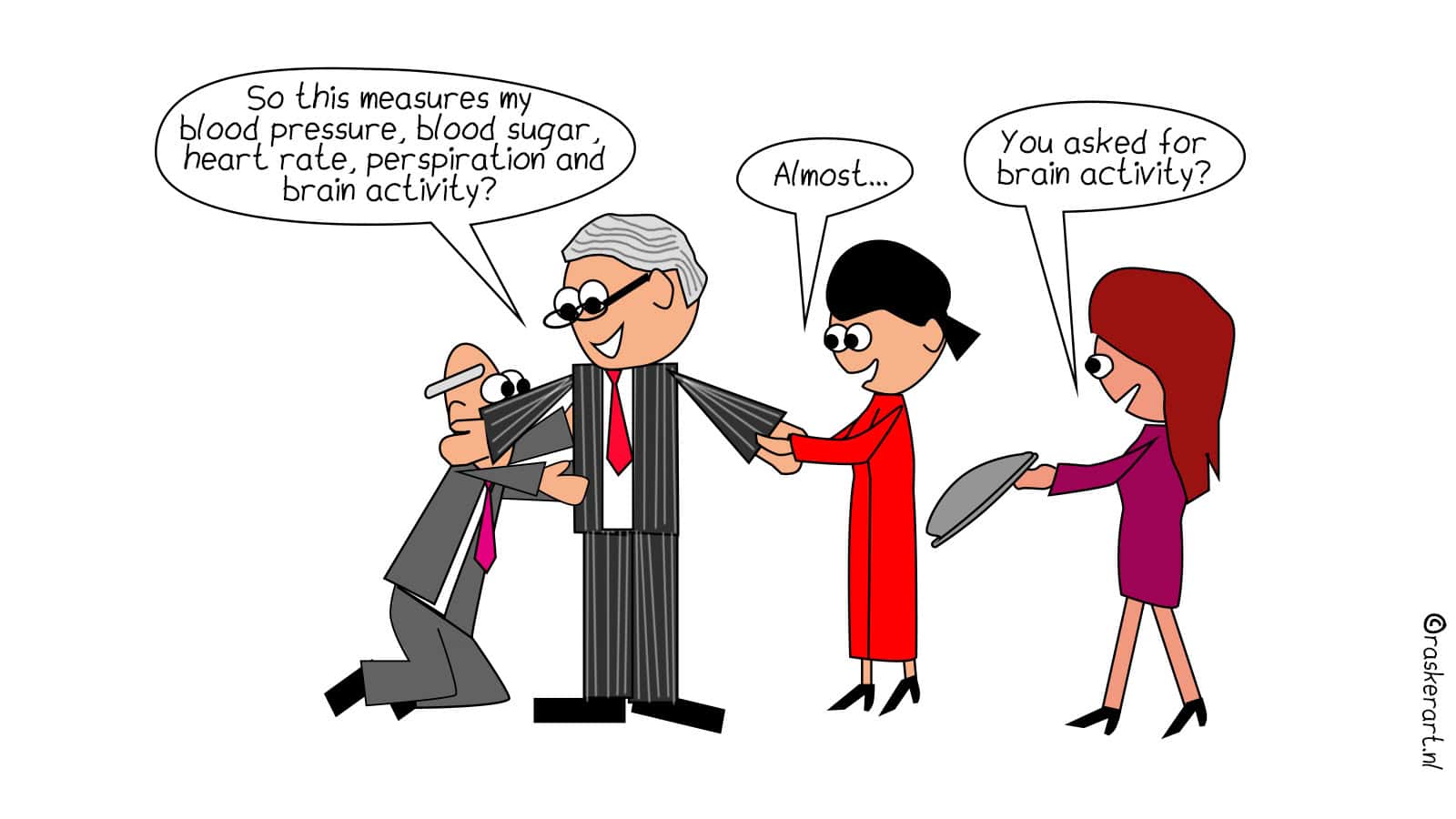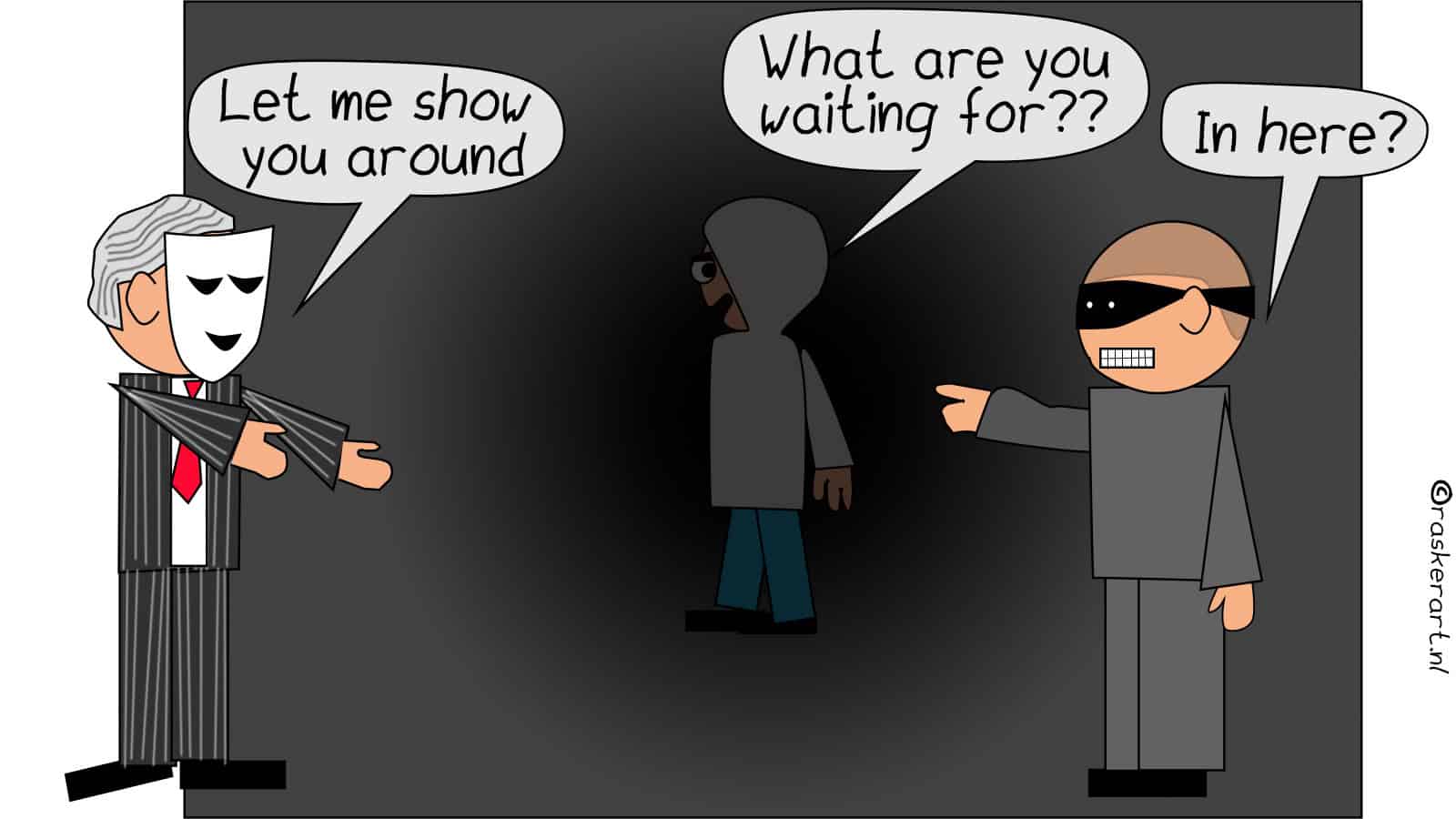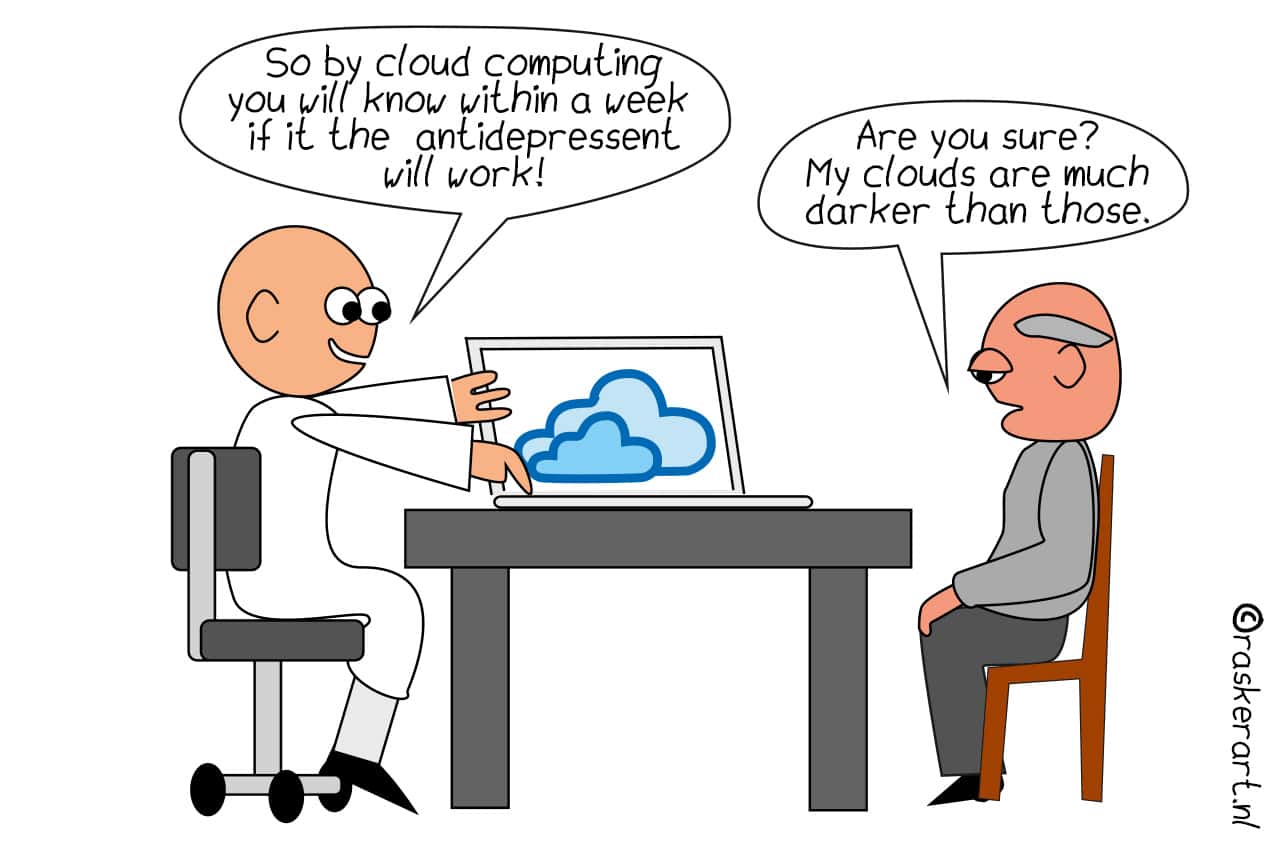
Prince Constantijn, a special envoy for Techleap, is not only an ardent advocate of a robust and future-proof Dutch start-up ecosystem (read the previous interview) but also a keen proponent of more gender diversity. “Whenever I see a photo featuring a bunch of white men who all look the same, I think: Is this really the image you want to convey?“
Last year you were one of the founders of FundRight, an initiative made up of 42 affiliated investors aimed at increasing diversity in the Dutch tech sector. The goal was to invest 35% in female entrepreneurs within three years, compared to 1.6% when it was set up. The figures so far are disappointing. Is this due to the corona pandemic? Or is the time not yet ripe to invest in female entrepreneurial talent?
“First of all, #fundright’s starting point was 35% funding for mixed teams, not just female entrepreneurs. What we’ve seen this year is that everything is stagnating. There is very little investment in new businesses and portfolios of funds are not changing that much either. But when you talk about mixed teams, the funds affiliated with #fundright are outperforming others. This makes sense because this is something that is important to them. We are seeing some progress, but it is true that it is not enough to reach 35% within two years. That is still a huge challenge.”
“When the corona crisis hit at the beginning of this year, diversity was put on the back burner since funds were struggling to survive and trying to keep their businesses afloat. After that, Black Lives Matter – and other external trends – put diversity back on the agenda very quickly.”
What have you noticed about that?
“You can see, for example, that Nasdaq wants to diversify its listings and that diversity in venture capital funds is all of a sudden considered more important. But it takes a while before something like this really kicks in. After all, a fund has a number of partners, and a fund like this runs for five to six years or longer. The partners have signed up for this, too. They do not just simply bring in a partner.”
Why is that?
“Of course they want to invest in diverse companies, as long as they can find them! They don’t just want to commit to an investment target since they are unable to influence which companies are open to investors. Their commitment is mainly aimed at diversifying the companies in their own portfolio because they also believe that diverse teams perform better than homogeneous ones.”
Is awareness of diversity issues really changing now?
“It is very important to acknowledge that if you have an all-white male team in your fund, you will also be biased towards male entrepreneurs. It has been scientifically proven that people are more likely to relate to those who look just like them.”
“The next step is then to consider the question: ‘How do I find more female employees?’ It also starts with the awareness that if you have a team with only middle-aged white men, there is a chance that women, especially young women, will not be attracted to your organization. That is because you tend to exude the message: We are all male, old, and white. You notice that funds are now starting to share experiences with each other, such as the question: ‘How do you bring in more women?'”
And how do you do that?
“This also has to do with the HR side of things: Making your recruitment policy more diverse. It is common knowledge that when you only involve people with the same profile in a job application process, that results in more of the same. If you want to do things differently, then you also need to have the people who are doing the recruiting have the profile you are looking for. You won’t succeed otherwise. We now share our experiences with the funds in question about that awareness and how to organize something like that.”
You regularly respond on LinkedIn to posts of events where only white men can be seen. Why do you do that? Is that part of a conscious strategy?
“That’s something that I really notice solely because I think it is so stupid. It happened to us at Techleap recently at a conference where a number of companies held pitches. Just to be clear, they weren’t the speakers. So in a way, we were dependent on the companies that signed up. What you do have an influence on is how you present that.”
“For instance, Royal Haskoning recently staged an event on the ‘Future of mobility’ that featured a photo with seven men on bicycles. Then I think: There should be someone in that kind of organization who says: ‘Is this really the future of mobility? Do we seriously have to project an image of seven men on bicycles for that? Why aren’t there any women among them? Or young people? And why are they all on bicycles? So I asked them: Is this your solution, to put seven men on bicycles? Or are all those other people busy coming up with a solution while these seven men are out for a spin?”
Where does your personal involvement with gender diversity come from? You are surrounded by strong women and you also have daughters. Does that make a difference? You sometimes hear that men are more likely to commit to gender equality when they realize that it’s also about equal opportunities for their own daughter.
“I couldn’t be more pleased about that. I like it when my daughters stand up for their own opinions and are passionate about them.”
But you have a son as well. Has that also changed your awareness?
“Yes, to the extent that you are confronted with yourself. Then you tend to think: Why am I doing this? Then it turns out that you are still pretty much culturally driven. On the other hand, it’s also quite amusing to see that girls and boys sometimes react in very different ways. I, myself, come from a family of boys. Luckily my wife thoroughly prepared me before the birth of our children for what it is like to live with a woman. If you grow up with only boys, it’s a completely different environment. That competitiveness; constantly fighting with each other not just verbally but physically as well, and as such, not talking about problems at all. I think I learned that as more women came into my life, that you have to talk things out and share your emotions. You’ve got to give compliments, and not just think things but say them too. We weren’t used to that sort of thing at home in the old days. So that’s something that I really had to learn.”
In business, too, you have had to deal with a lot of strong women throughout your career, such as Neelie Smit-Kroes, whom you worked with at the European Commission, and also your predecessor as the special envoy for Techleap (then known as StartupDelta, ed). How important are such role models?
“I’ve learned a great deal from so many people in my career. But I don’t really believe in role models, as they also have their weaknesses. Plus, I learn just as much from the people around me, like a junior team member who points out certain ingrained views and assumptions to me.”
What does diversity generally mean to you?
“I am concerned about equal opportunities: That all people are equal, and that you should treat people who are institutionally discriminated against in a different way. Give them more opportunities. Be aware that some people are starting their careers with much more ballast. One of the more positive aspects is that you can better reflect on your own world if you understand where other people are coming from.”
“It always strikes me how predetermined our lives are and what we consider to be ‘normal’ until someone says: But that’s not normal at all. That makes you think: Then why do we actually do this? Only then do you realize that certain ingrained patterns may not be so right after all. And that you can change things.”
“If you translate that back to start-ups: How do you create an open culture where everyone feels welcome and is able to give their best? That also calls for a certain amount of vulnerability. You have to not only dare to give what is professionally expected of you, but also take a part of yourself to the office, and share that wealth with each other as a team.”
“When there is this atmosphere and people are truly interested in each other, it provides not only a rewarding human experience but also a much better professional experience for everyone. I am fully convinced of that.”








